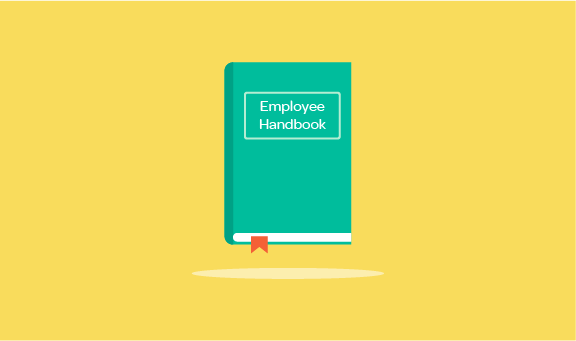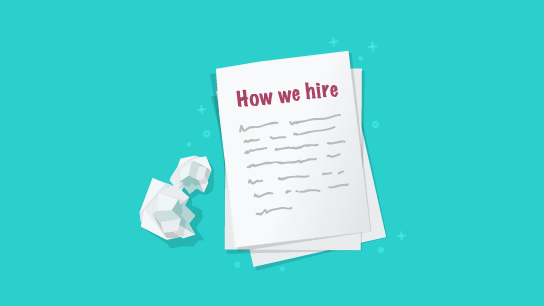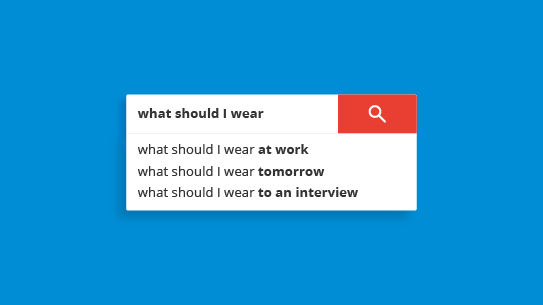Hiring Solutions & Resources
Workplace

Employee burnout for employers: costs, causes and cures
Have you ever felt so exhausted and disheartened that you just don’t want to go to work? Many of us have these moments — p...

Gender inequality in the workplace: A lack of women in leadership
“We all have stories to tell and projects we need financed. Don’t talk to us about it at the parties tonight. Invite...

Tackling age discrimination in the workplace: 5 HR strategies
We’re living in a unique period where five different generations potentially coexist in the workforce. Factors such as improved ...

5 ways to fight age and gender discrimination in the workplace
On 24 January 2019, in Boston, Workable hosted a panel discussion titled Diversity in Gender & Age: The Career Challenges Fa...

Can we discuss politics or other controversial topics at work?
Let’s say that one of your employees posts a racist joke on their personal social media page. Even if it was meant by that emplo...

Why I’m cautious about remote work
To clarify, I’m not referring to flexible work-from-home arrangements. This is about full remote work, i.e., you don’...

Why your business isn’t a ‘family’
Businesses with good intentions refer to their companies as a “families” in product pages, careers pages, job descriptions and e...

How to reduce new hire turnover
‘New hire turnover’ refers to the percentage of employees who leave a company during a certain period of time, typically within ...

How to write an employee handbook
All companies need to communicate their mission, values and expectations to their employees. Employee handbooks are a good means...

How to write a recruitment policy
Write a recruitment policy that captures your hiring philosophy and shares useful sourcing and interviewing advice with recruite...

Why even ‘casual’ companies should have dress codes
The days of the formal company dress code are numbered. Even traditional suit industries like banking are loosening their standa...

The limits of euphemism
As individuals it is likely that we have differing degrees of tolerance for being spoken to indirectly. And yet most of us are e...